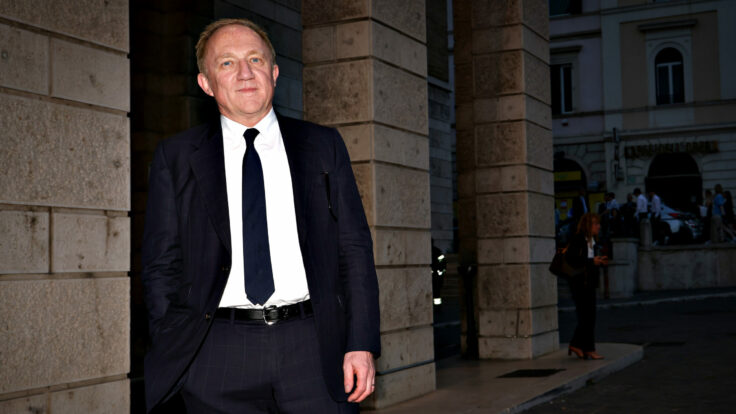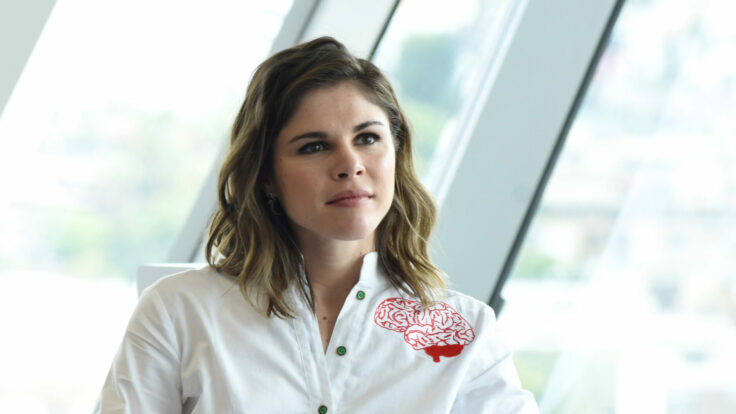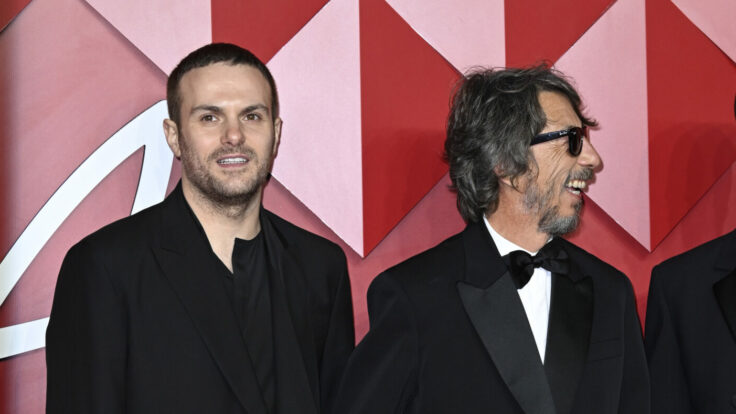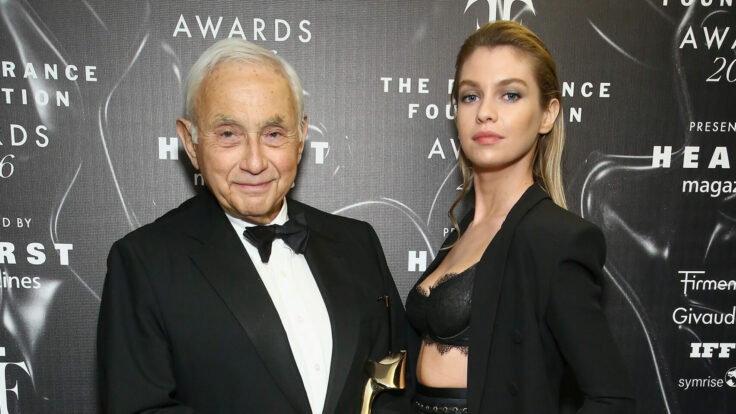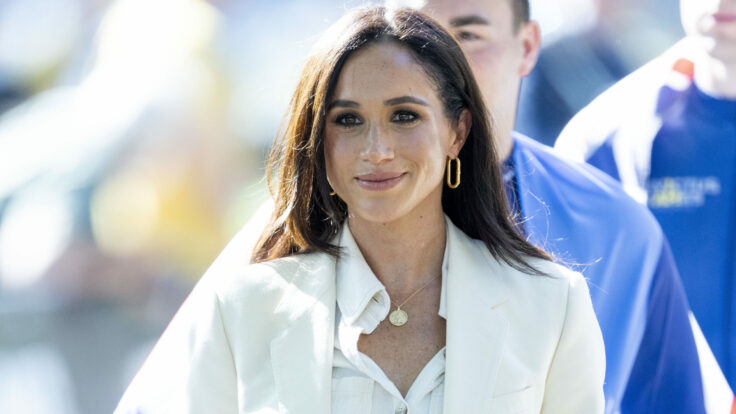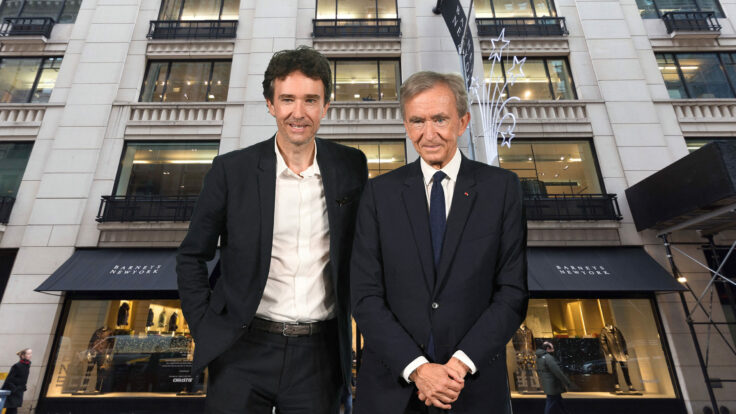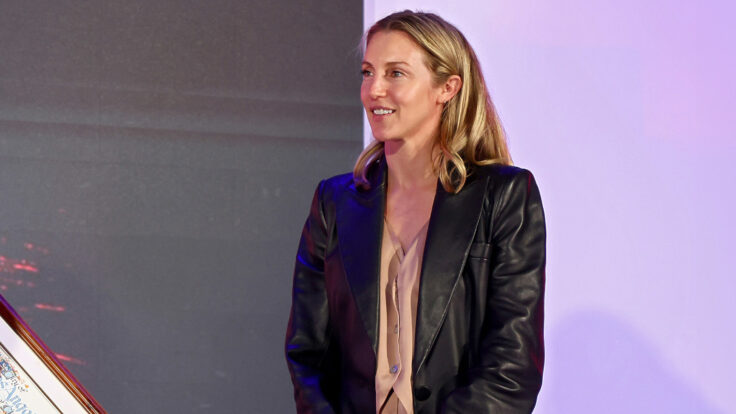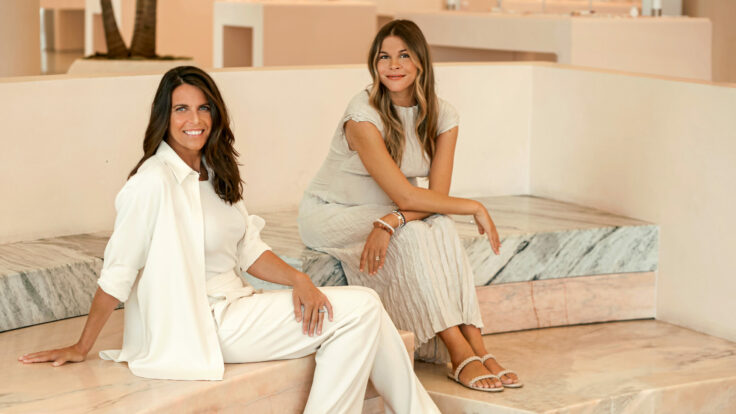The first time I interviewed Aurora James was in 2015, at her store at the South Street Seaport, the touristy micro-neighborhood at the bottom of Manhattan that looks like it could be interchanged with any cobblestone historic district in any East Coast town. It was one of those situations where the developer had cleared out the uncool tenants and was offering young brands rent based on a portion of monthly sales, which helped to explain why James could afford a storefront for Brother Vellies, a shoe line she had launched just two years earlier. (At one point, Milan’s famous concept store 10 Corso Como opened a spot there, too. And like most retailers that come from a place other than New York City and try to open in New York City, it closed within two years.)
I was working on a story about the CFDA/Vogue Fashion Fund, following the finalists through the last months of the competition. James would be crowned one of three winners, earning a $400,000 prize. I had gotten to know the designers pretty well at that point, but these are the kinds of interviews where people toe the party line, so I was surprised when James admitted that she wasn’t sure if she was comfortable selling her shoes on Amazon Fashion, the e-commerce giant underwriting the whole thing.










